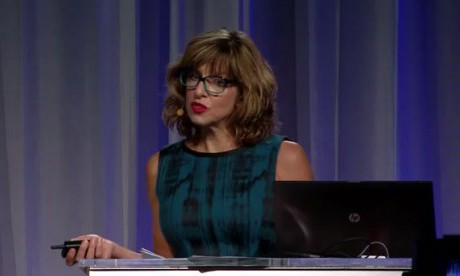When their son had to take a medical leave from college, Jack and Wendy knew they — and he — needed help with his binge drinking.
Their son’s psychiatrist, along with a few friends, suggested Alcoholics Anonymous.
He had a disease, and in order to stay alive, he’d have to attend A.A. meetings and abstain from alcohol for the rest of his life, they said.
But the couple, a Manhattan reporter and editor who asked to be identified only by their first names to protect their son’s privacy, resisted that approach.
Instead, they turned to a group of psychologists who specialize in treating substance use and other compulsive behaviors at the Center for Motivation and Change.
The center, known as the C.M.C., operates out of two floors of a 19th-century building on 30th Street and Fifth Avenue.
It is part of a growing wing of addiction treatment that rejects the A.A. model of strict abstinence as the sole form of recovery for alcohol and drug users.
Instead, it uses a suite of techniques that provide a hands-on, practical approach to solving emotional and behavioral problems, rather than having abusers forever swear off the substance — a particularly difficult step for young people to take.
And unlike programs like Al-Anon, A.A.’s offshoot for family members, the C.M.C.’s approach does not advocate interventions or disengaging from someone who is drinking or using drugs.
“The traditional language often sets parents up to feel they have to make extreme choices: Either force them into rehab or detach until they hit rock bottom,” said Carrie Wilkens, a psychologist who helped found the C.M.C. 10 years ago. “Science tells us those formulas don’t work very well.”
When parents issue edicts, demanding an immediate end to all substance use, it often lodges the family in a harmful cycle, said Nicole Kosanke, a psychologist at the C.M.C.
Tough love might look like an appropriate response, she said, but it often backfires by further damaging the frayed connections to the people to whom the child is closest. Continue reading
Source
- Gabrielle Glaser in The New York Times
- Image: Health 2.0
Gabrielle Glaser is and Op-Ed contributor for The New York Times
Additional readingNews category: Analysis and Comment.




